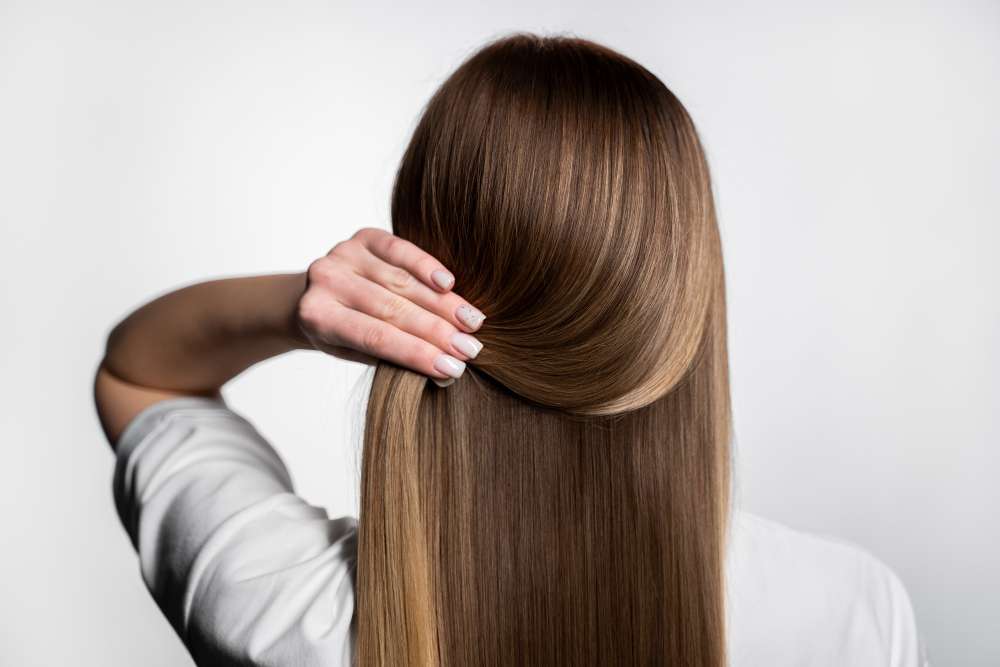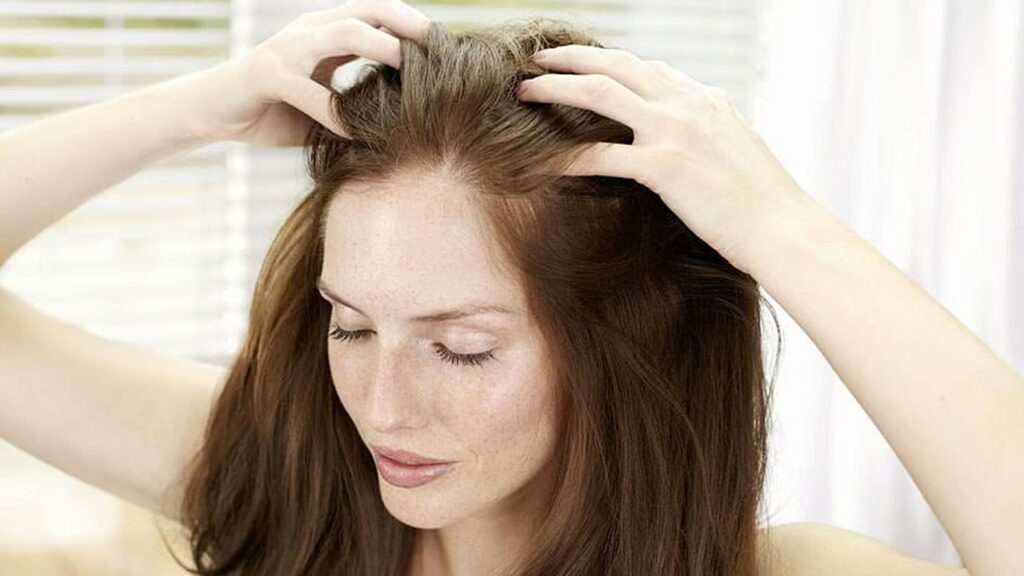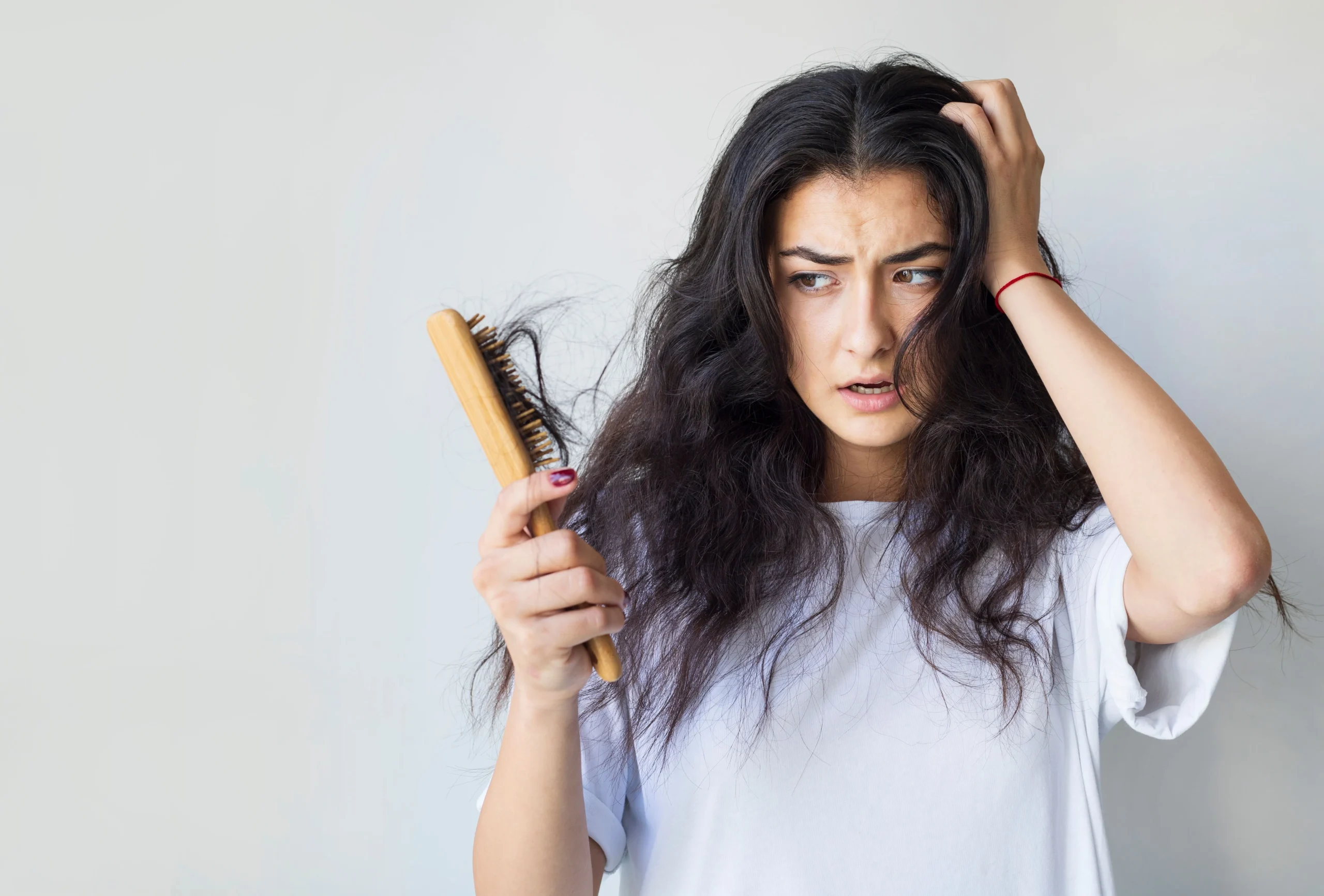Achieving longer, healthier hair is a common desire for many people.
Whether you’re dealing with slow growth, breakage, or thinning, implementing effective hair growth strategies can make a significant difference.
While there’s no magic solution, adopting doctor-recommended practices can help you achieve stronger and longer hair.
In this article, we’ll explore eight proven tips backed by medical expertise to promote hair growth naturally.

1. Understanding the Hair Growth Cycle
Hair growth occurs in cycles: anagen (growth phase), catagen (transition phase), and telogen (resting phase).
Each hair strand goes through these stages independently.
Understanding this cycle helps in adopting appropriate care routines and treatments for optimal growth.
2. Nutritional Support for Hair Health
A balanced diet rich in vitamins, minerals, and proteins supports hair growth.
Incorporate foods like eggs, fish, nuts, and leafy greens which provide essential nutrients like biotin, iron, and omega-3 fatty acids crucial for hair health.
3. Scalp Care and Circulation
A healthy scalp is essential for hair growth.
Regular scalp massages improve circulation and stimulate hair follicles.
Use natural oils such as coconut or jojoba oil to nourish the scalp and enhance hair growth.
4. Avoiding Heat and Chemical Damage
Excessive heat styling and chemical treatments can weaken hair and hinder growth.
Opt for air drying whenever possible and minimize the use of hot tools.
Choose hair products that are gentle and free from harsh chemicals.

5. Proper Hair Care Routine
Establish a gentle hair care routine that includes shampooing, conditioning, and moisturizing.
Use sulfate-free and pH-balanced products suitable for your hair type to maintain its health and promote growth.
6. Managing Stress Levels
Chronic stress can contribute to hair loss and hinder growth.
Practice stress-reducing techniques such as meditation, yoga, or regular exercise to promote overall well-being and support healthy hair growth.
7. Getting Sufficient Sleep
Quality sleep is crucial for cell regeneration, including hair follicles.
Aim for 7-8 hours of uninterrupted sleep each night to allow your body to repair and rejuvenate, promoting optimal hair growth.
8. Regular Exercise and Its Impact
Physical activity improves blood circulation, delivering nutrients and oxygen to hair follicles.
Incorporate regular exercise into your routine to support overall health and promote stronger, healthier hair growth.
Conclusion
Achieving longer, healthier hair involves adopting a holistic approach that addresses both internal and external factors affecting hair growth.
By implementing these doctor-recommended tips—understanding the hair growth cycle, maintaining a balanced diet, nurturing the scalp, avoiding damage, establishing a proper routine, managing stress, prioritizing sleep, and staying active—you can support natural hair growth and enhance your hair’s overall health.

FAQs
1. How long does it take to see results from these hair growth tips?
Results vary depending on individual factors such as genetics and current hair health.
Generally, consistent implementation of these tips can show noticeable improvements within a few months.
2. Can supplements help with hair growth?
Supplements like biotin and vitamins can complement a healthy diet but should be used under medical guidance to avoid potential side effects.
3. Is it necessary to trim hair regularly for faster growth?
Regular trims help prevent split ends and breakage, contributing to healthier-looking hair.
However, trimming does not directly affect the rate of hair growth from the scalp.
4. How often should scalp massages be done for optimal results?
Scalp massages can be done a few times per week using gentle pressure.
Consistency is key to promoting blood circulation and stimulating hair follicles.
5. Are there any specific hairstyles that promote hair growth?
Hairstyles that minimize tension and manipulation, such as loose braids or buns, can help protect hair from damage and support growth over time.
